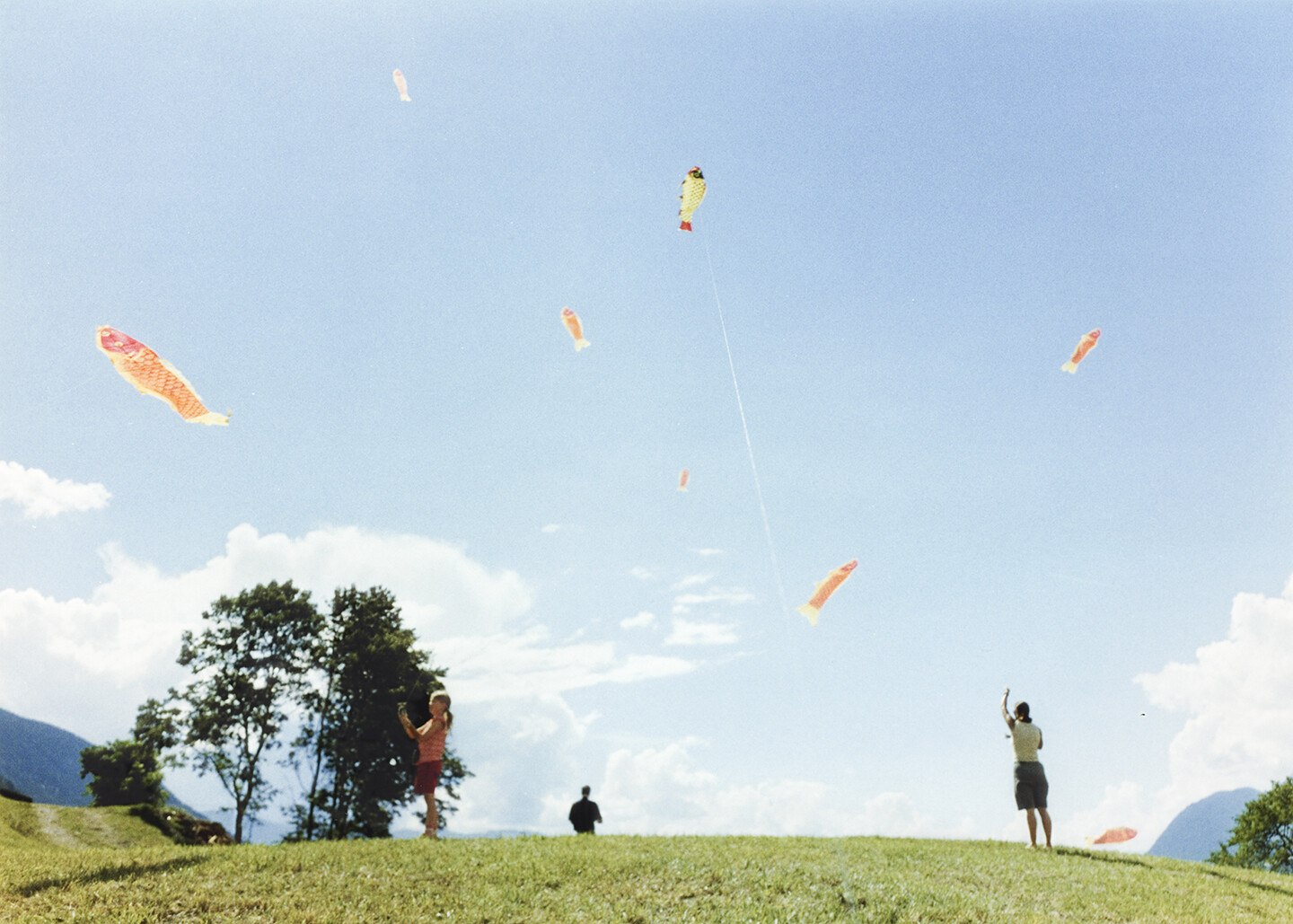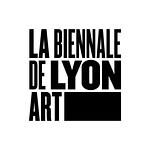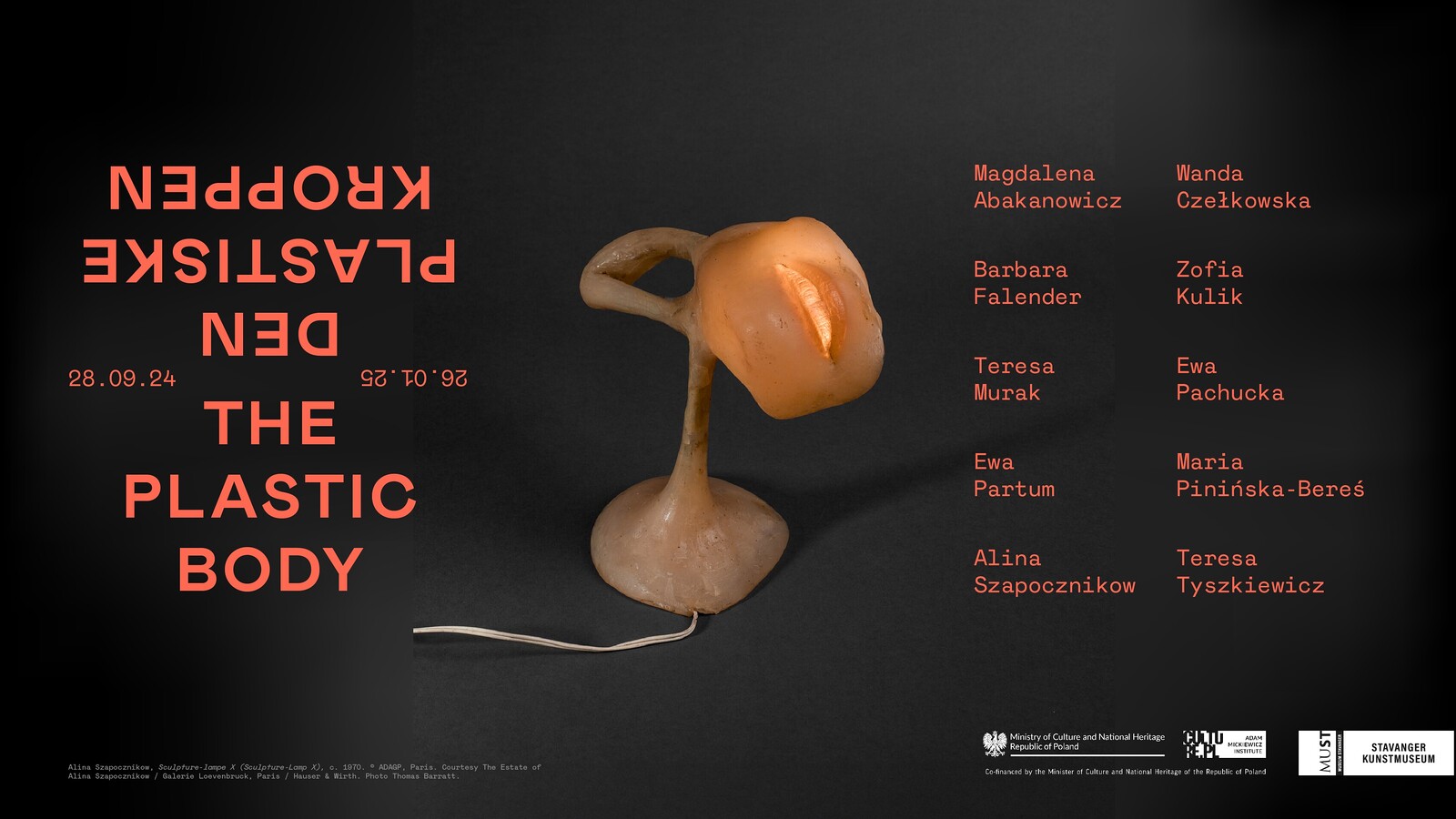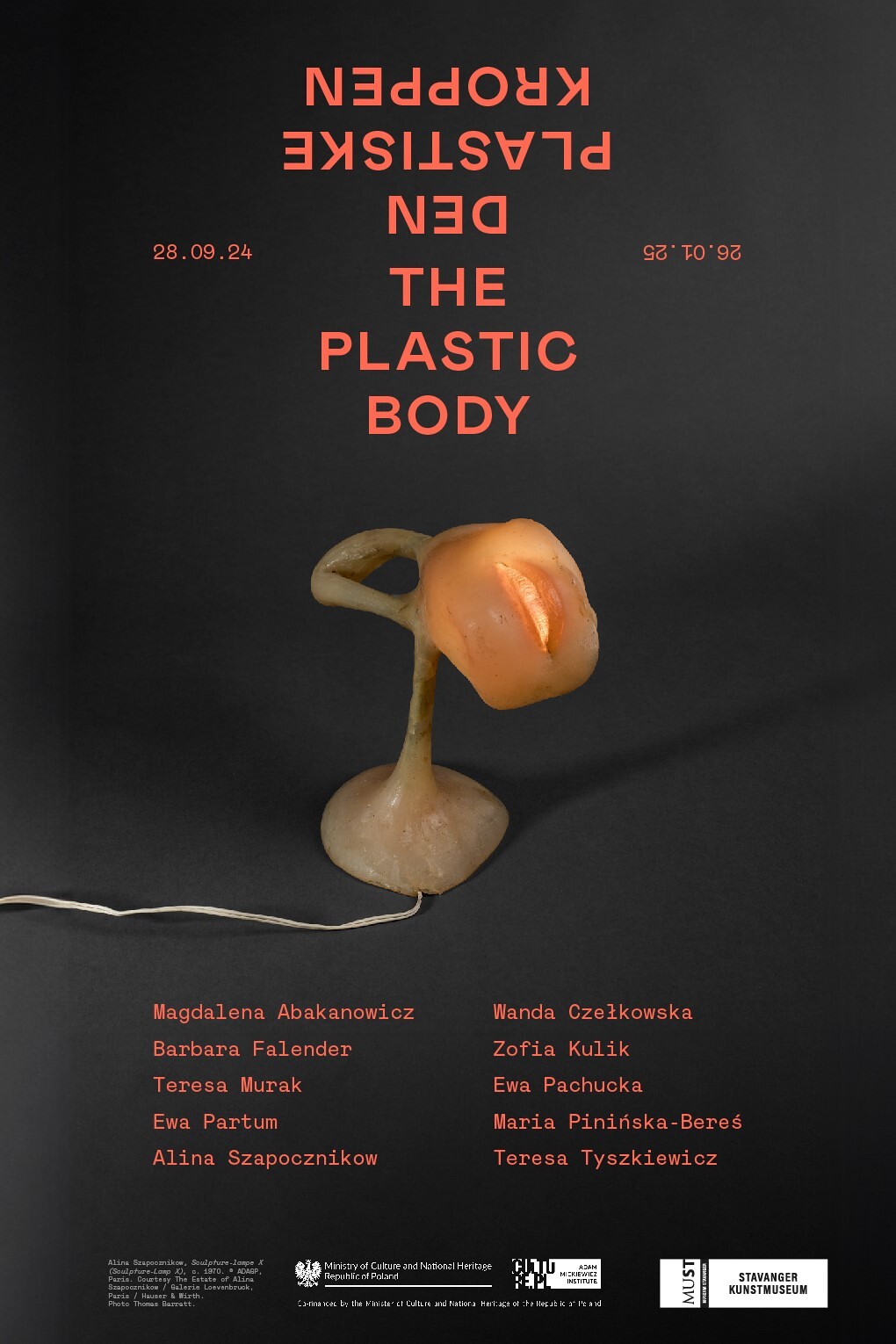Floating Worlds
September 20, 2017–January 7, 2018
Artistic director: Thierry Raspail
Guest curator: Emma Lavigne
Thierry Raspail, the Lyon Biennale’s artistic director, has invited Emma Lavigne to curate the second volume of the trilogy devoted to modernity. The 2017 edition of the Biennale de Lyon reinterprets the term “modern,” setting it in the context of a fluid and extended modernity. The Lyon Biennale also features platforms, associated exhibitions, workshops, and a reception-theory lab.
Floating Worlds
Since the Lyon Biennale’s inception in 1991, its artistic director Thierry Raspail has always suggested a key word to his guest curators. Emma Lavigne, director of the Centre Pompidou-Metz, will build the 14th Lyon Biennale around the word “modern,” following on from Ralph Rugoff, who curated the previous edition, La vie moderne, in 2015.
Amid rampant globalisation that is generating constant mobility and a quickening of flows—the “liquidity” of the world and identities, as analysed by the sociologist Zygman Bauman—Emma Lavigne explores the legacy and reach of the concept of “modern” in today’s art, in accordance with the definition advanced by the poet Baudelaire, who considered modernity to be “the transient, the fleeting, the contingent; it is one half of art, the other being the eternal and the immovable.” Take the presence of sounds, from David Tudor’s imaginary landscape Rainforest to the murmurs of the world broadcast by the Babel tower of Brazilian artist Cildo Meireles: some artworks remain deliberately open—influenced by the major works of modernity such as Mallarmé’s The Book, Spiritual Instrument—and hint at the thinking both of Luigi Pareyson, who defined an artwork as “the opening-up of an infinity that has been gathered into a form”; and of Umberto Eco, who, in The Open Work (1965), analyses the artwork as “a field of events randomly open to some accidental unfolding.” The Biennale will stretch out like a shifting, atmospheric, expanding landscape that is forever reconstructing itself, as reflected in some of the modern masterpieces provided by the Centre Pompidou-National Museum of Modern Art as part of its 40th anniversary, such as the random compositions of forms that will be suspended in the Calder space at the Biennale; and Fontana’s paintings, opening onto endless cosmogonies. The white cube is cracking up and turning into an organism or a constellation, where—from Hans Arp to Ernesto Neto, from Lygia Pape to Daniel Steegmann Mangrané—art and space biomorph, opening onto projects that challenge the abstraction of European modernity in order to reassess its global reach. The 2017 Contemporary Art Biennale will dock in the heart of a territory whose identity was partly shaped by the ubiquity of water, in a city that “rose from the waters”, and through which the Rhône and Saône run. It will reactivate the imaginative realm conveyed by the Rhône and its tributary, producing an archipelagic topography. Like the white fabric of Hans Haacke’s Wide White Flow or the kites in Shimabuku’s When Sky Was Sea, the Lyon Biennale’s Floating Worlds are being shaken by the wind of libertarian uprisings and of contemporary poetic outbursts and aesthetic clashes.
Emma Lavigne
Emma Lavigne is director of the Centre Pompidou-Metz, France. As curator at the Paris Cité de la Musique, she curated many exhibitions devoted to the connections between music, sound and contemporary art; she also organized the solo shows of major music or visual art artists such as Chen Zen, Christina Kubish, Saâdane Afif or Christian Marclay.
In 2008, she moved to the Centre Pompidou where she was the curator of the much admired Pierre Huyghe and Dominique Gonzalez-Foerster retrospectives, and Danser sa vie (in collaboration with Christine Macel). As director of the Centre Pompidou-Metz, she has curated, amongst other exhibitions, Warhol Underground, Kimsooja – To Breathe, Musicircus, and Oskar Schlemmer, among others. She was the curator of the French pavilion at the 2015 Venice Biennale with Céleste Boursier-Mougenot’s experimental project Rêvolutions. She is now preparing Infinite Garden, due to open in March 2017 at Centre Pompidou-Metz, a group show dedicated to the idea of a subversive, chaotic and unnatural garden, staged by the artist Daniel Steegmann Mangrané.



